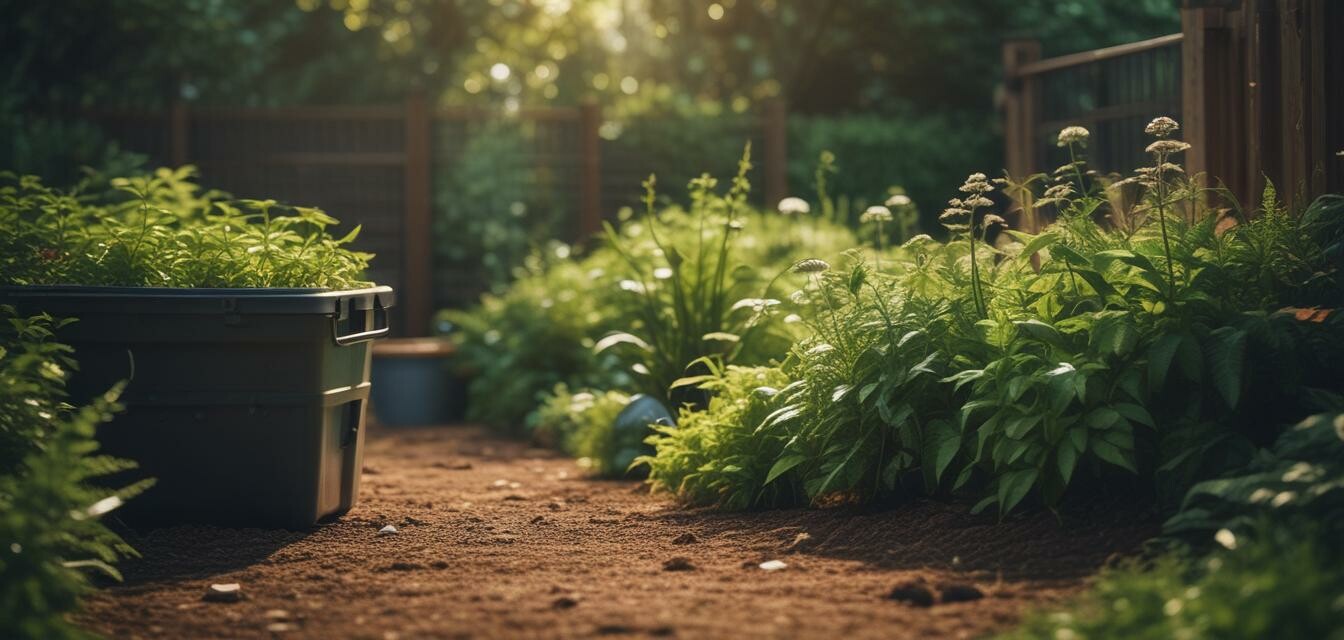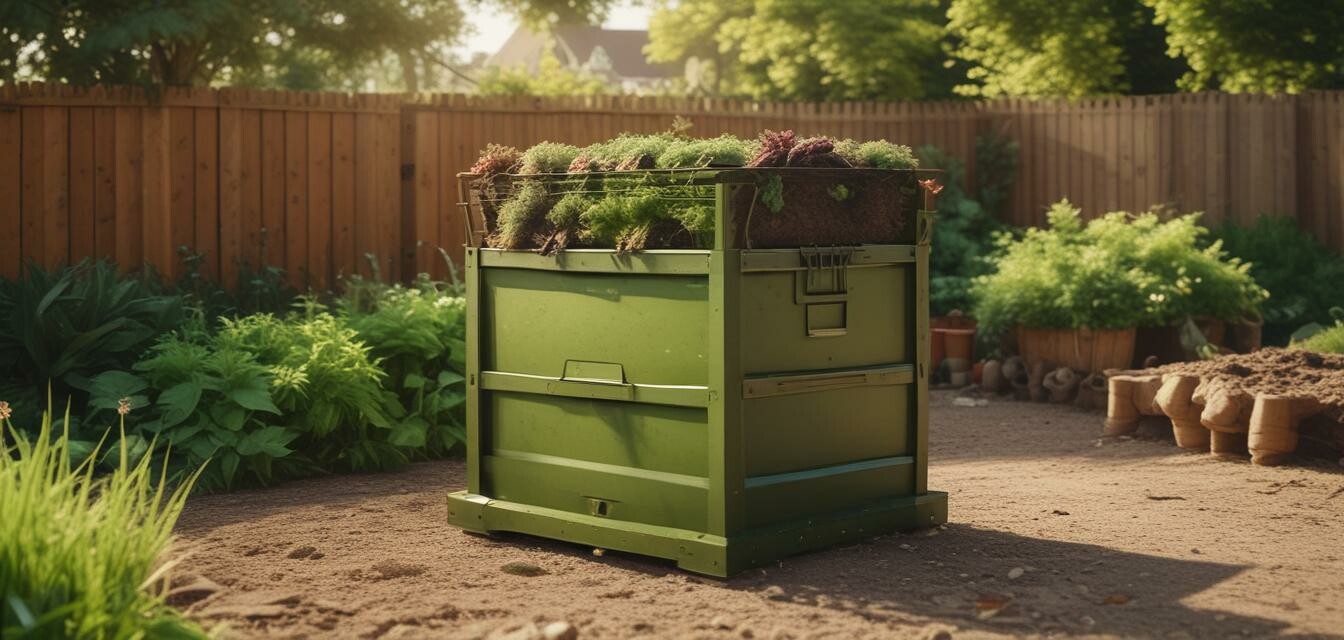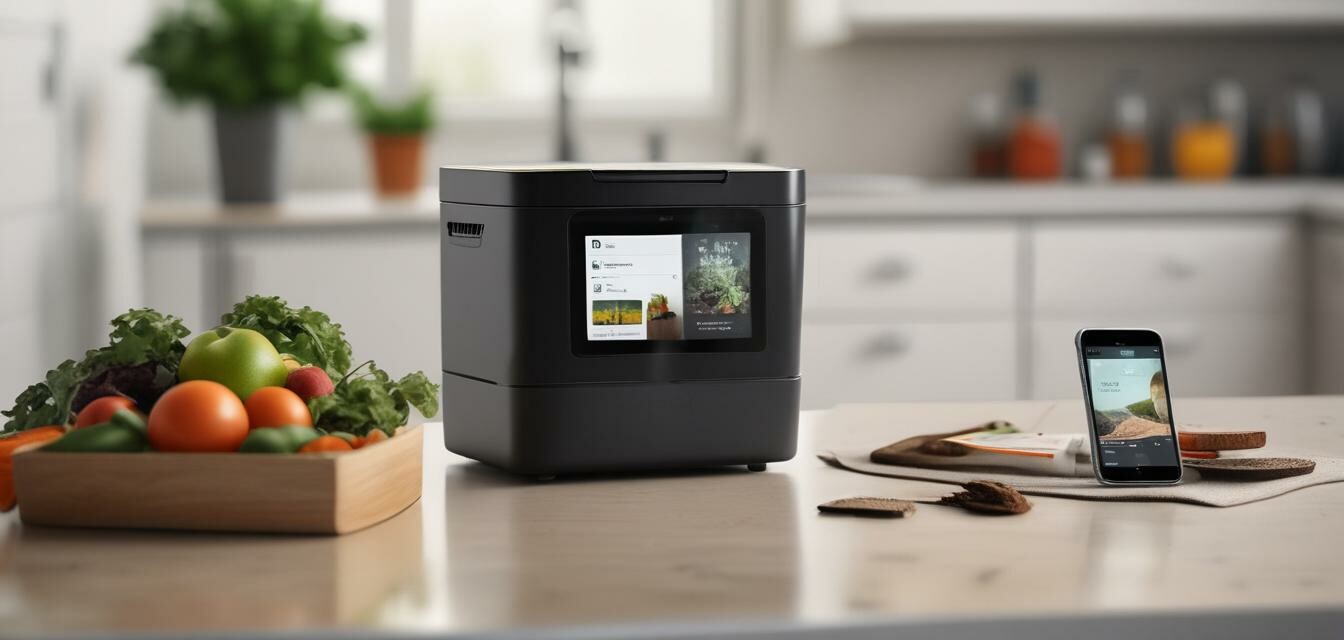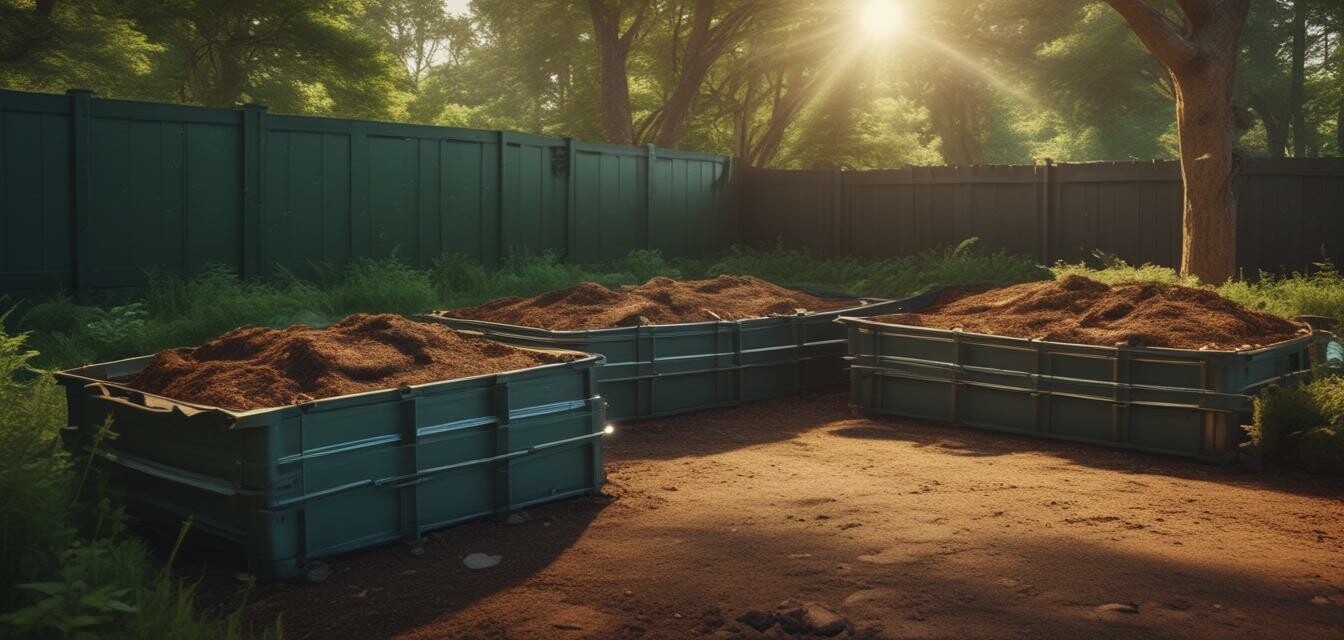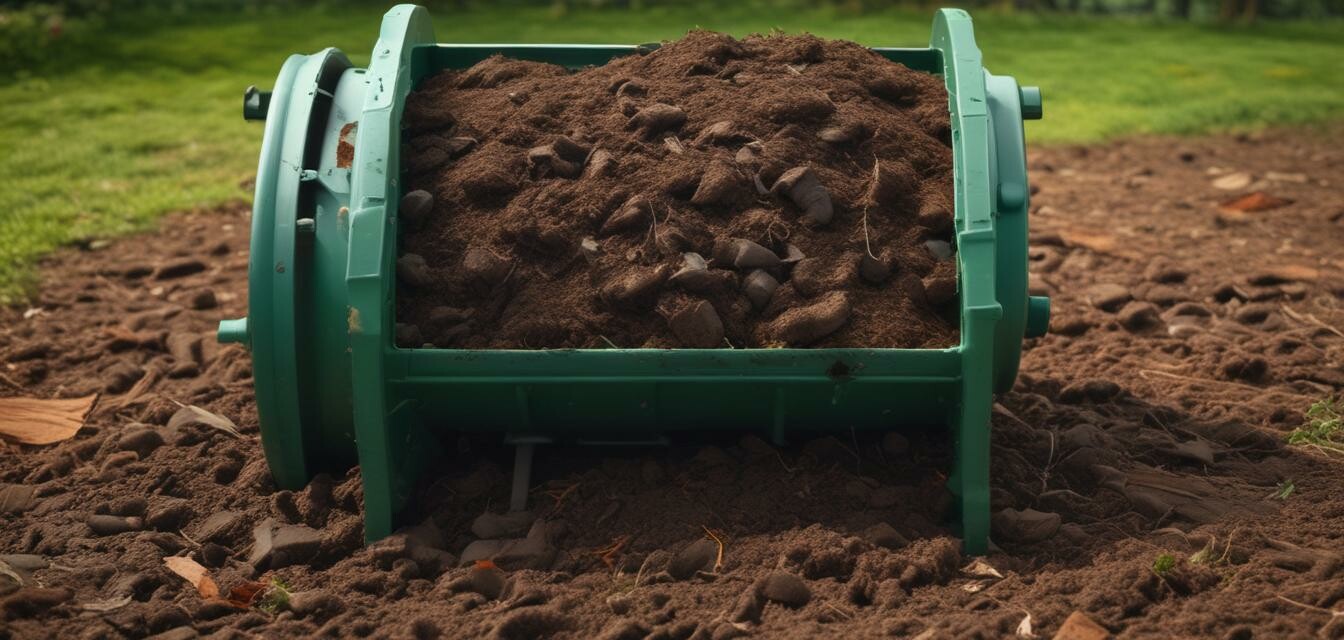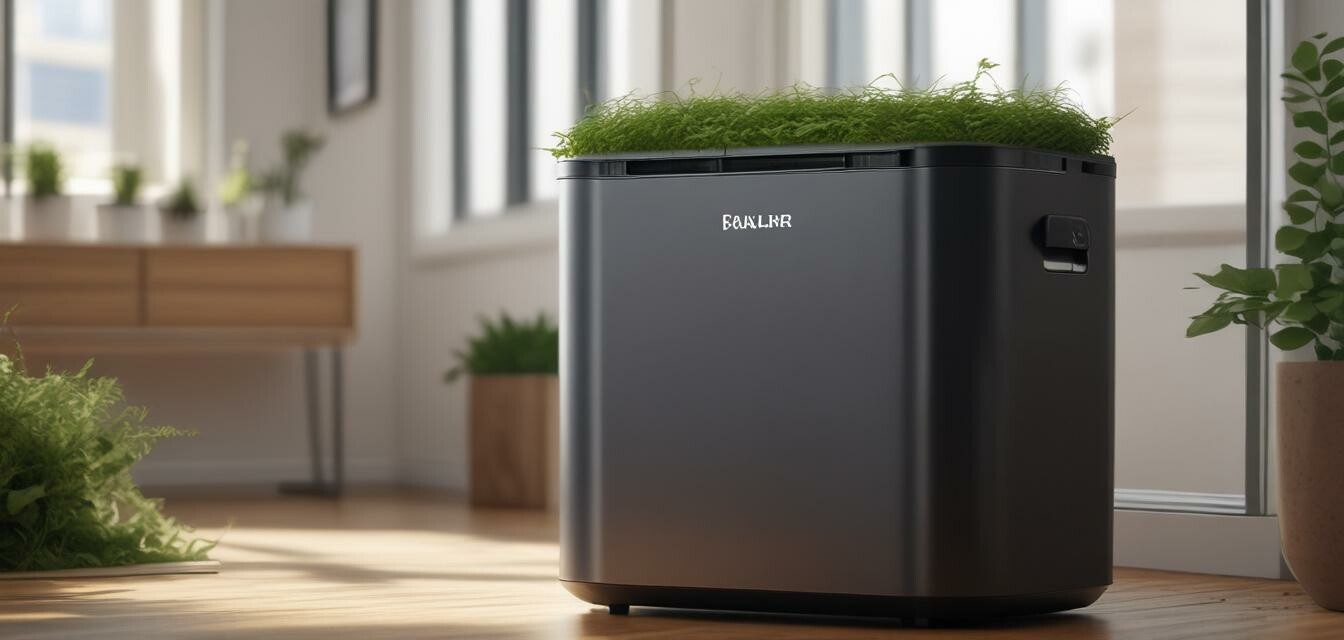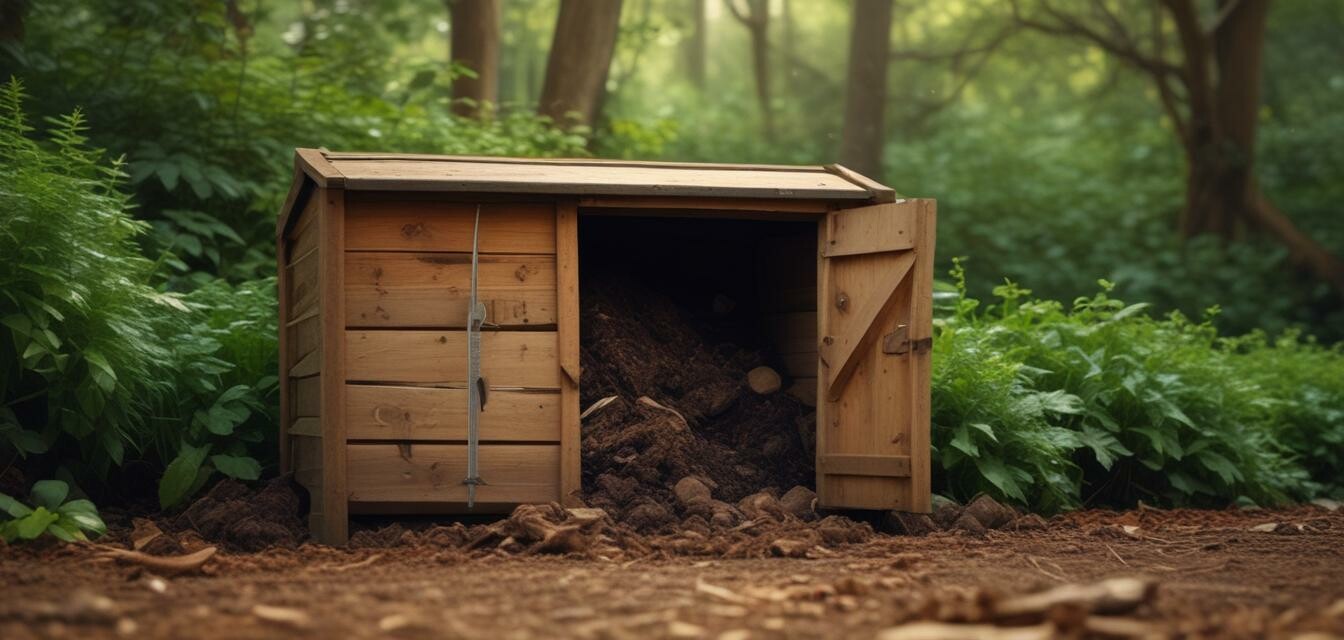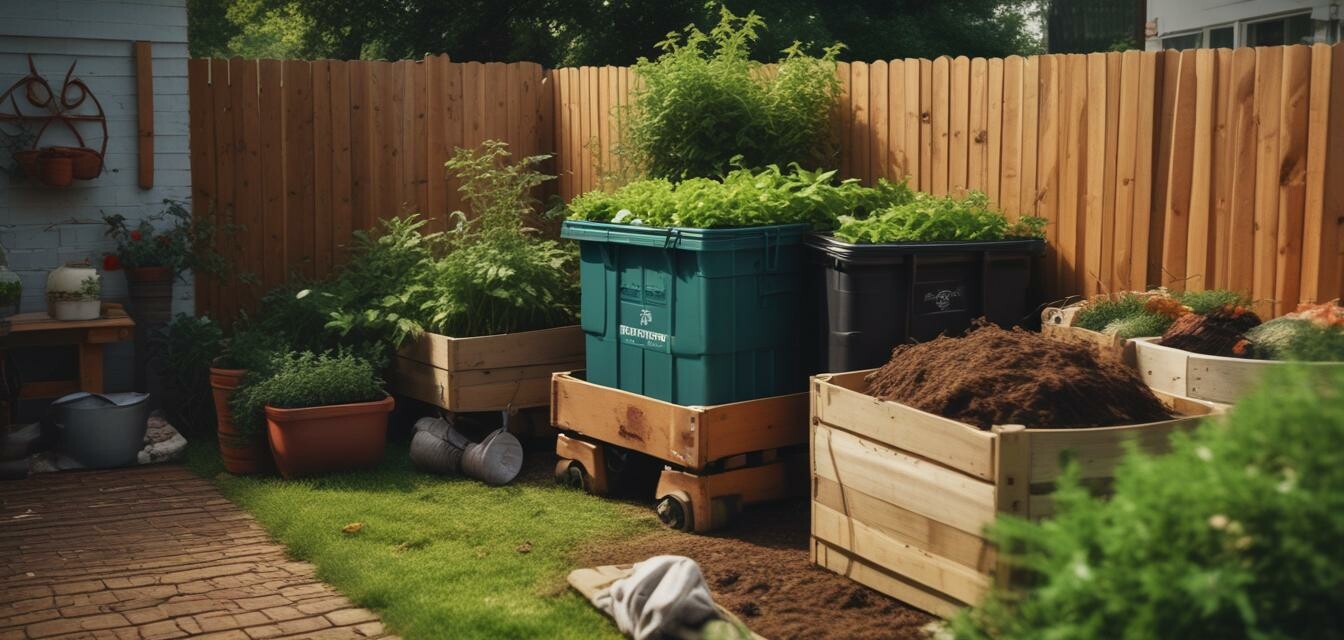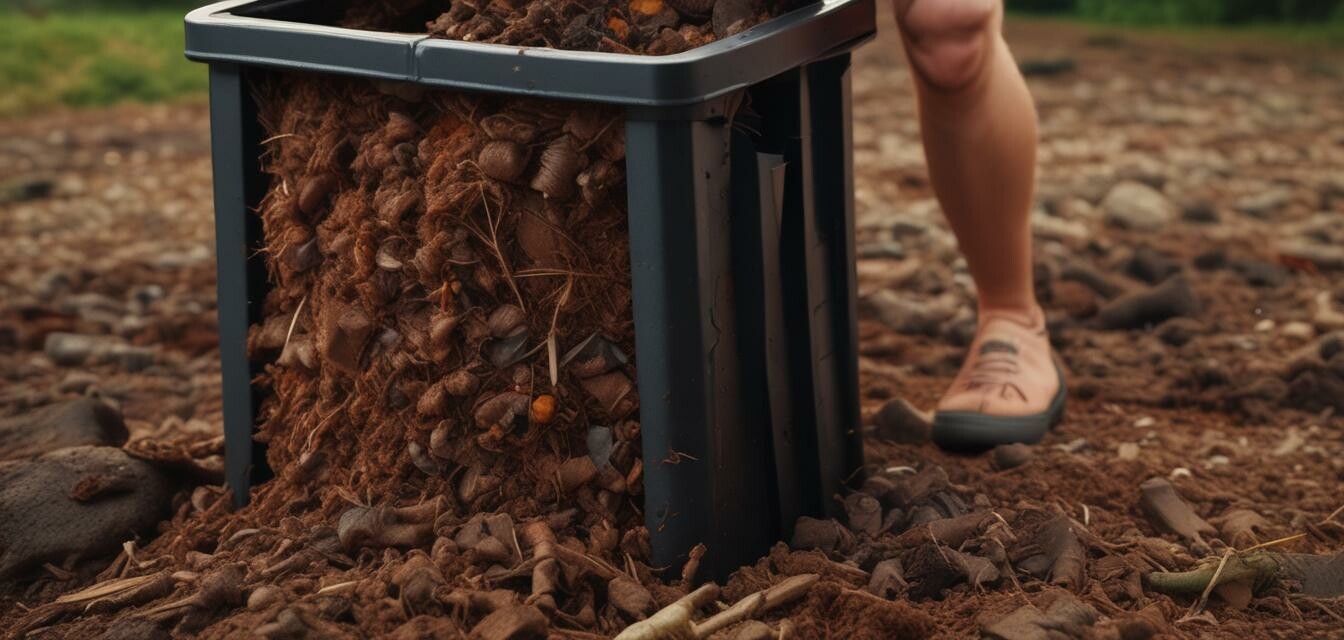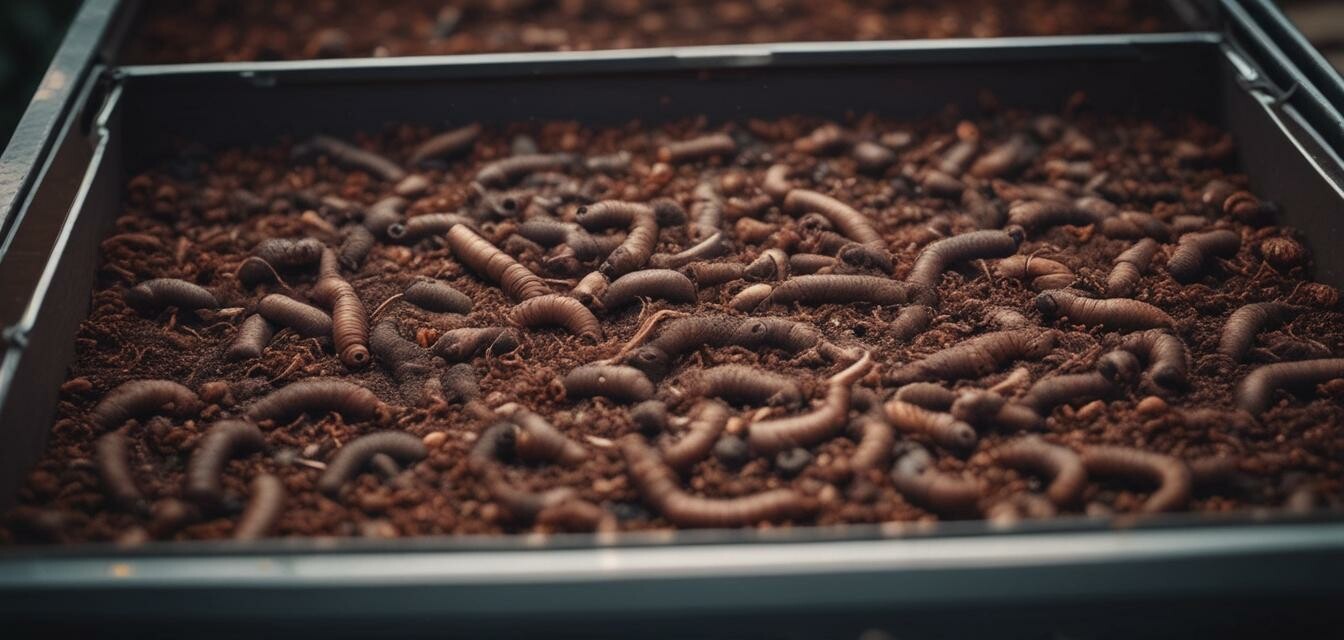
Worm Composting Bins
Worm composting bins are a popular choice for gardeners and environmentally conscious individuals who want to produce rich, nutrient-dense compost for their plants. In this article, we'll delve into the world of worm composting bins, their benefits, and how they can be used to create a sustainable composting system.
Key Takeaways
- Worm composting bins use red wiggler worms to break down organic matter into vermicompost.
- Vermicompost is rich in nutrients and microorganisms, making it an ideal fertilizer for plants.
- Worm composting bins are a low-maintenance and space-efficient way to compost at home.
What are Worm Composting Bins?
Worm composting bins, also known as worm composters or vermicomposters, are specialized containers designed to house red wiggler worms (Eisenia fetida) that break down organic matter into a nutrient-rich compost. This process is called vermicomposting.
| Feature | Description |
|---|---|
| Capacity | Varies from 1-10 gallons, depending on the model |
| Material | Plastic, wood, or a combination of both |
| Worms | Red wiggler worms (Eisenia fetida) |
How do Worm Composting Bins Work?
The process of vermicomposting is simple: add organic matter such as food scraps, tea bags, and coffee grounds to the worm composting bin, and the worms will break it down into a nutrient-rich compost. The worms consume the organic matter, and their castings (worm poop) are the resulting compost.
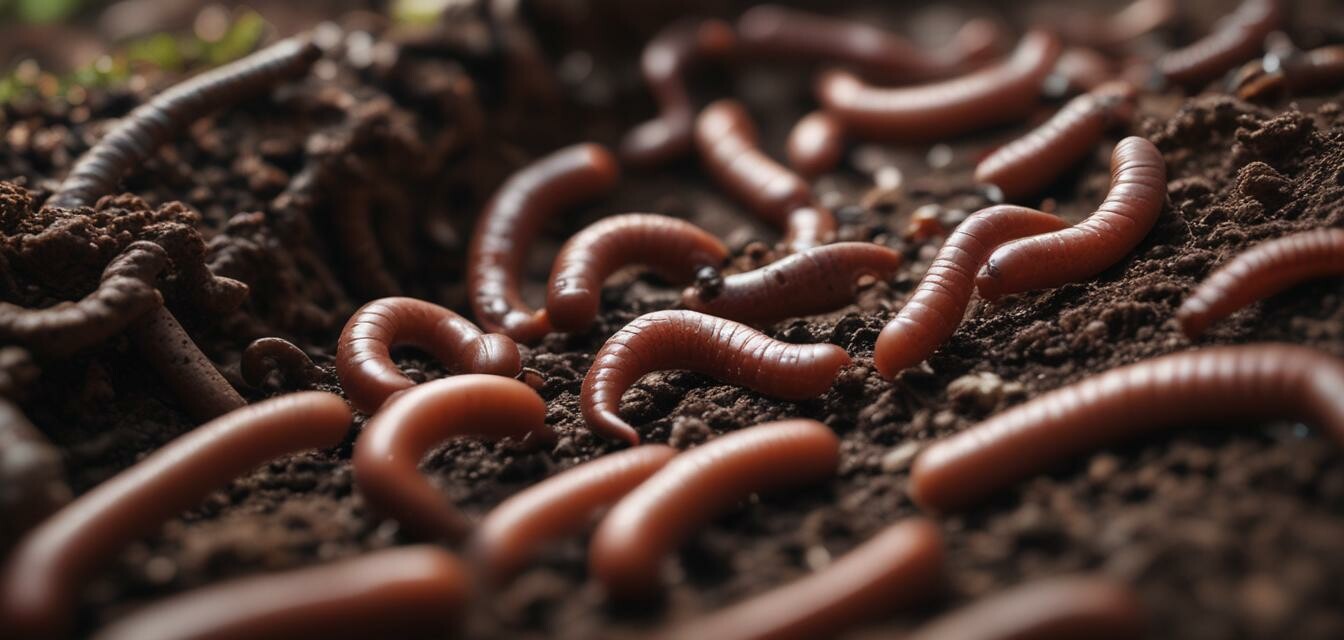
Benefits of Worm Composting Bins
Pros
- Produces high-quality, nutrient-rich compost
- Low-maintenance and easy to use
- Space-efficient, perfect for small gardens or urban spaces
- Reduces waste and creates a sustainable composting system
Cons
- Requires regular monitoring and maintenance
- May not be suitable for large quantities of organic matter
- Can be affected by temperature and moisture levels
Tips for Using Worm Composting Bins
Beginners Section
- Start with a small worm composting bin and gradually increase the size as needed
- Provide the right environment for the worms, including adequate moisture, oxygen, and temperature control
- Feed the worms a balanced diet of organic matter, avoiding citrus and onions
Conclusion
Worm composting bins are a fantastic way to produce high-quality compost for your garden while reducing waste and promoting sustainability. By understanding how they work and their benefits, you can start your own vermicomposting journey and reap the rewards of nutrient-rich compost.
Ready to start composting? Check out our Compost Tumblers and Open Air Composters for more composting options.
